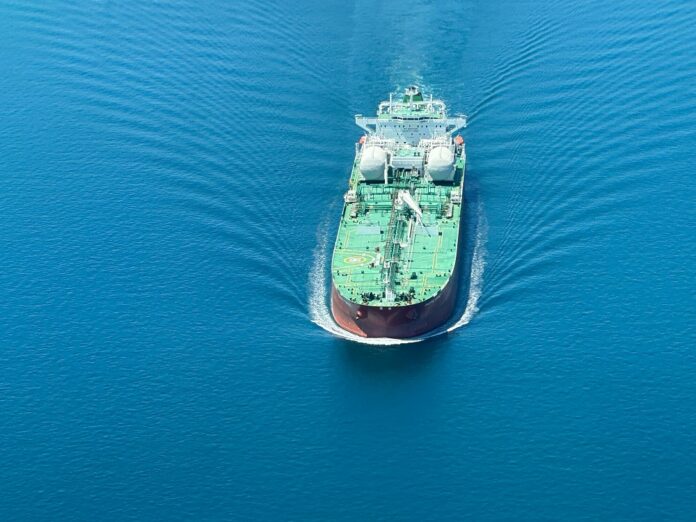Amidst the ongoing geopolitical unrest and the imposition of severe sanctions against Russia, the shipping sector has seen an unforeseen victor emerge. Product tanker owners are facing a sharp increase in demand due to the complications surrounding the export of Russian oil and the ensuing restructuring of global energy supply chains.
Global effects are being felt in a number of industries as Western countries tighten their hold on Russia through economic sanctions, which include limitations on its crucial energy sector. Product tanker owners find themselves in a fortunate position during these turbulent times, taking advantage of the changing dynamics of global trade.
“A price index for new-build tankers, across all sizes, has increased by 50 percent since the fourth quarter of 2020,” the Financial Times wrote.
Additionally, as reported by the TradwWinds, “Florida owner saw its top and bottom line figures rise in the first quarter, the Florida Jones oil tanker reported a $14.6m profit for the tree month ending on the 30th of March, up from 12.1million.”
Energy importers are rushing to find alternative sources of supply as a result of the sanctions, which are mainly aimed at Russian gas and oil exports. The demand for product tankers—vessels made expressly to carry refined petroleum products like gasoline, diesel, and jet fuel—has skyrocketed as a result of this desperate hunt for alternatives.
Concerns about possible supply chain interruptions have also been exacerbated by the geopolitical unpredictability surrounding Russian energy exports. Importers are expanding their stockpiles and diversifying their procurement strategies in an effort to reduce the risks involved with relying on Russian gas and oil.
The need for product tankers is increased by this preventive measure since more refined products must be transported and stored in greater quantities to guarantee energy security.



